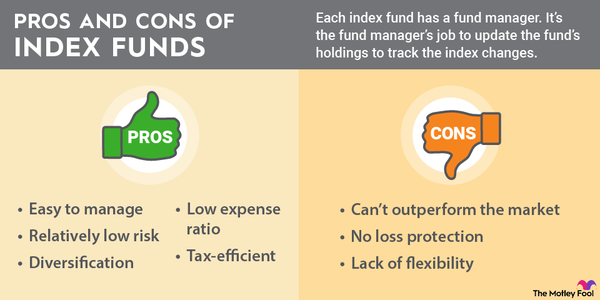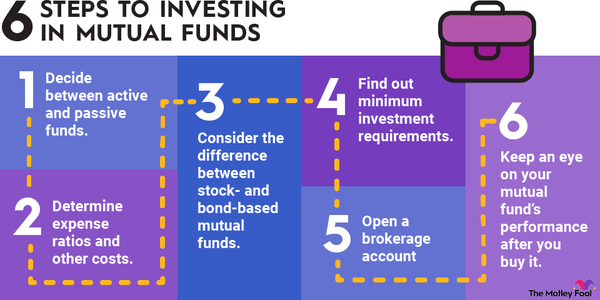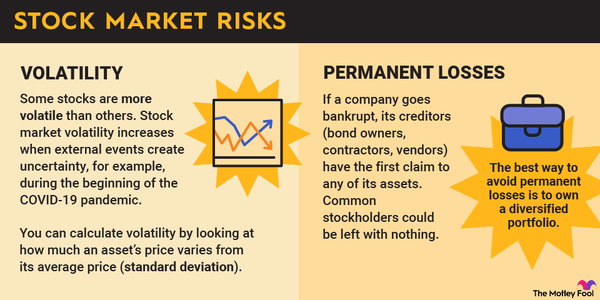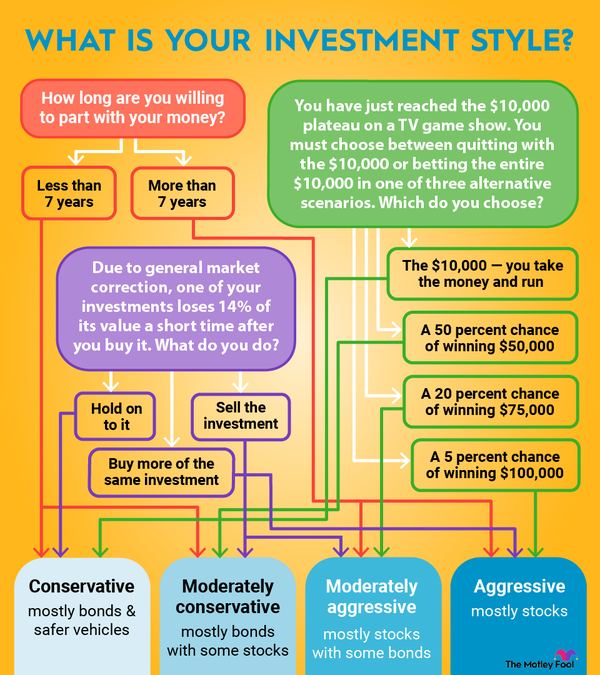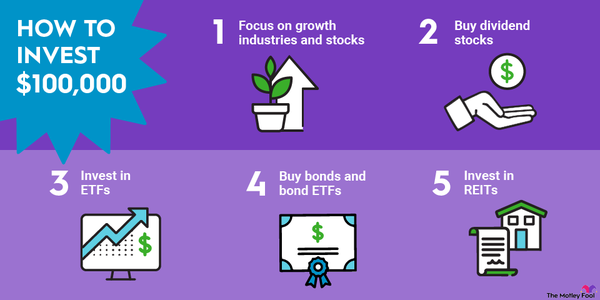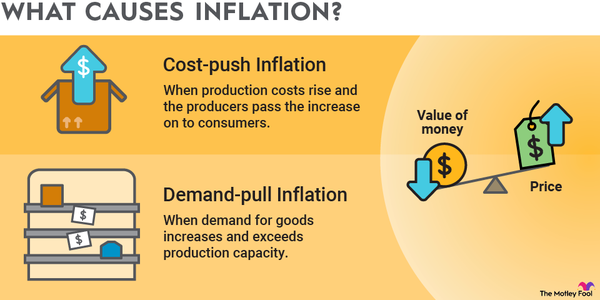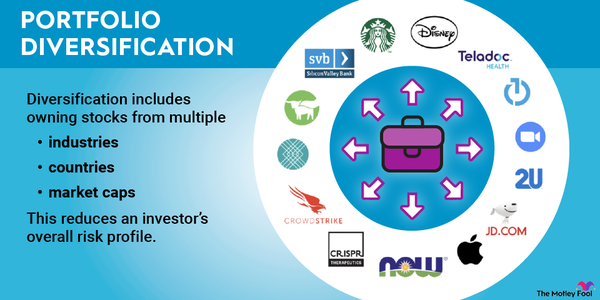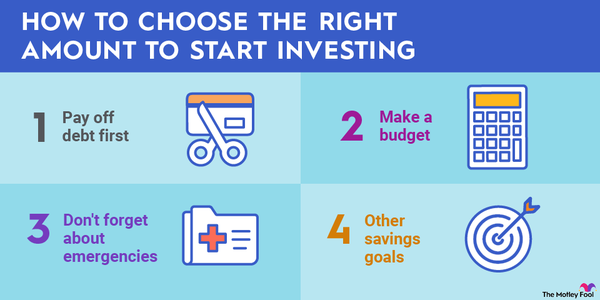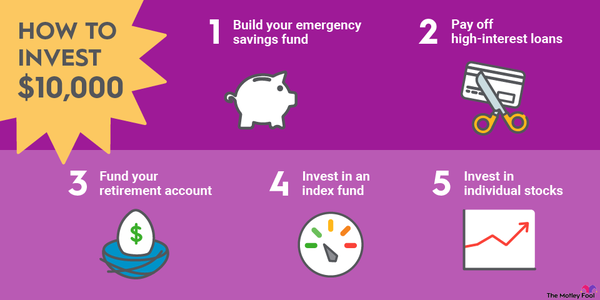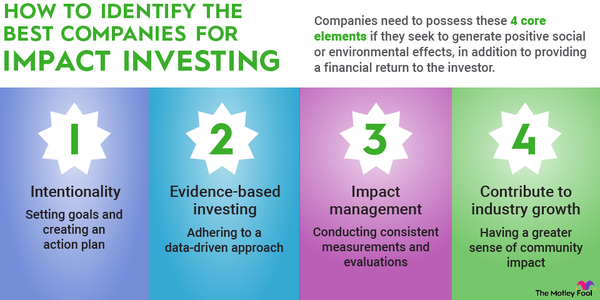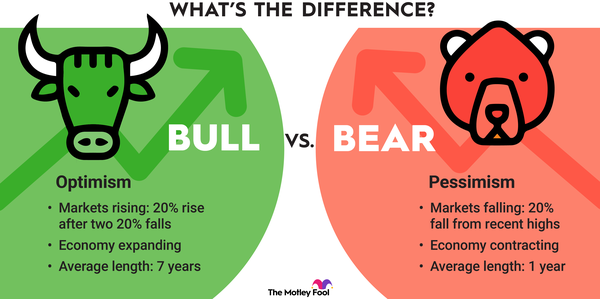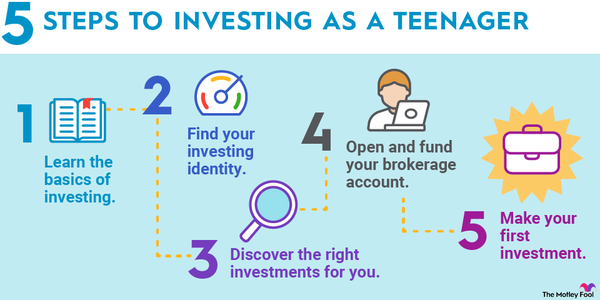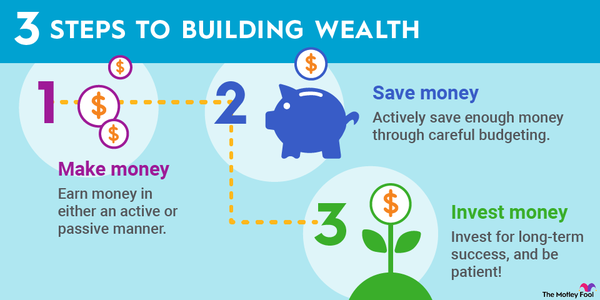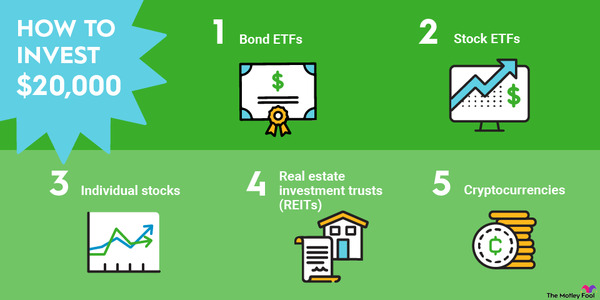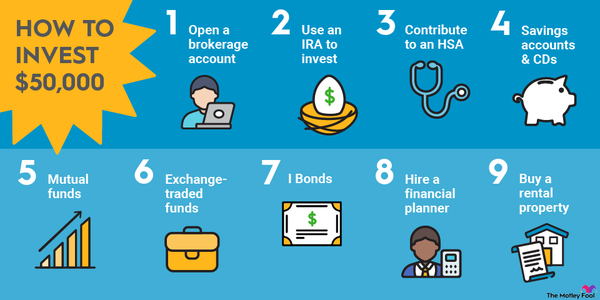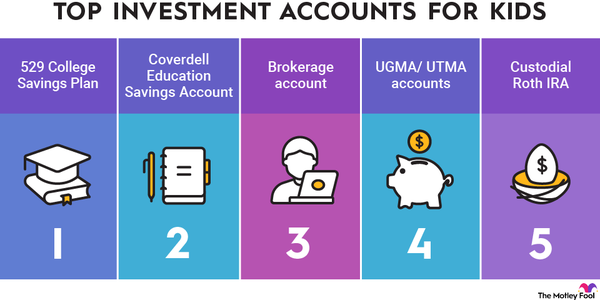Curious about the relationship between private equity and venture capital (VC)? The two industries are somewhat related but operate in distinctly different ways.
Private equity involves making controlling investments in distressed companies, with the hopes of making them more profitable. VC, often considered a subset of private equity, refers to making early investments in promising companies (or even ideas) with significant growth potential.
Here, we'll review the similarities, differences, and reasons each might be worth investing in as a part of your total portfolio.

What is private equity?
What is private equity?
Private equity, as an industry, refers to buying and managing companies not publicly traded on a stock exchange. The hope is to acquire distressed companies that have suffered from lackluster management or lagging profitability and turn them around to deliver strong risk-adjusted returns for their investors.
Private equity firms employ a number of strategies to achieve these results:
- Leveraged buyouts (LBOs): A private equity firm engages in an LBO when they take out a significant amount of debt to purchase a company, often using the assets of the underlying company as collateral. Over time, the debt is repaid via future cash flow from the target company. This strategy can work if the underlying company has valuable assets to act as collateral and a reasonable probability of strong, ongoing cash flow to service future debt repayments.
- Venture capital (VC): A type of private equity strategy that involves making early-stage investments in companies that may not be profitable yet but show great promise. These companies are not yet public. But they often showcase a strong business model and competent leadership team, enticing private equity firms to deploy high-net-worth investors' money in their direction.
- Growth capital (GC): A strategy similar to VC but utilized with companies already profitable and seeking further growth. In growth capital endeavors, a private equity firm will likely take a minority interest in a target company rather than a controlling interest. Firms seeking growth capital financing are further "down the line" than those seeking venture funding.
Private equity is considered a high-risk, high-reward investment strategy. Companies may not turn around -- or generate cash flow -- in the way that a private equity team may have hoped. In these cases, or when a portfolio company simply can't repay its debt obligations, the private equity firm may lose money. Private equity companies also have the opportunity to earn enormous profits when companies do flourish.
What is venture capital?
What is venture capital?
Venture capital can be thought of as a subset of private equity, although the VC space is a bit more targeted. As mentioned, VC is a type of financing provided to start-ups and/or emerging companies that are not yet profitable but are deemed to have a strong chance for high growth in the future.
VC firms invest money in early-stage companies in exchange for an equity stake. If the company goes on to become very successful, the VC firm will earn many times its initial investment. On the other hand, promising companies, unfortunately, fail on a regular basis, making VC an especially risky business.
From the perspective of a target company, VC financing offers access to much-needed funding that can be used to facilitate growth. VC firms also provide a degree of expertise and guidance around start-up growth that may be inaccessible to most entrepreneurs.
Finally, VC firms can play a meaningful role in facilitating strategic partnerships among portfolio companies. Altogether, VC funding can be immensely valuable to entrepreneurs seeking a spot on the fast track to profitability.
Still, VC deals come with a high degree of risk and involve some loss of control; entrepreneurs may lose some degree of authority if they agree to VC funding. Finally, agreeing to VC funding implicitly means some amount of ownership dilution, as more investors will expect their share of future profits.
Related investing topics
Related investing topics
What's the difference?
What's the difference?
Going by the book, venture capital is a subset of private equity: Both private equity firms and VC firms provide financing to companies with certain profitability goals. However, the mechanics are a bit different in practice.
Private equity firms focus on acquiring and managing companies, ultimately to make them profitable (or more profitable). This might be via an LBO or a management buyout, but the idea is to control the ongoing operations of a particular company to ensure maximum efficiency. On the other hand, VC strategies are aimed at early-stage, unprofitable companies that may, one day, have the potential to become extremely profitable.
A key difference is the stage of growth: VC money goes to early-stage start-ups, while some general private equity deals may involve mature companies that were once profitable but have since become distressed.
Another key difference is the size of the investment. Private equity firms often seek to control their target companies and turn them around, which can require massive investments of both time and money. VC firms may make smaller investments for only minority interests; this can reflect the high failure rate associated with early-stage companies.

Private equity firms can use a combination of debt and equity to make investments, while VC firms typically use only equity. VC firms are not inclined to borrow money to invest in companies that have never been profitable, despite the possibility that they may become profitable.
Private equity firms generally aim to sell the company they turn around, while VC firms tend to have more flexibility with their exit strategy. They can sell their interest in the company, or they may benefit from an initial public offering (IPO), merger, or acquisition.
Finally, VC investments are considered riskier than private equity investments because start-ups without a track record of profitability have a higher probability of failure. Private equity firms usually look at companies that were once profitable in some way and simply need to be turned around.
Overall, there are risks with both investment types. However, early-stage companies offer less of a track record than more mature ones.
FAQs on private equity vs. venture capital
FAQs on private equity vs. venture capital
Which is better, private equity or VC?
There really isn't an answer as to which is better, per se, since the two types of investments offer different risk and return profiles. VC tends to be the riskier of the two, given the stage of investment; however, either type of investment could go awry in certain scenarios. At the same time, VC investments tend to be smaller than private equity investments, so fewer dollars may be at stake.
With either investment strategy, the profit potential is undeniably enormous.
Which is riskier, private equity or VC?
Since VC money is directed to firms with little to no track record (and generally no track record of profitability), it's believed that VC is the riskier of the two options. This is not to say either strategy is without its flaws, but VC tends to be the riskier one. Risk is usually evaluated on an investment-by-investment basis, so it's hard to make a blanket statement favoring one option over another.
Is private equity a type of VC?
No. In fact, the opposite is true. VC is considered a type of private equity financing.









